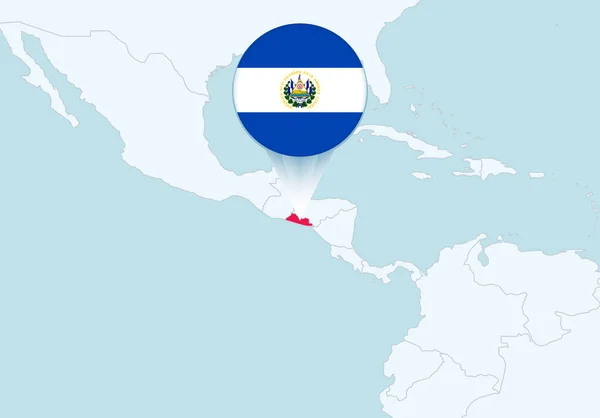Electronic invoicing in El Salvador has become an essential component of the country’s digital transformation, optimizing the way companies manage their transactions and facilitating tax processes. Since its implementation began to be formalized, this tool has offered multiple benefits to businesses, promoting transparency and efficiency.
What is the Electronic Invoice?
The electronic invoice in El Salvador is an Electronic Tax Document (DTE) that is generated, signed, and sent digitally to the Ministry of Finance, receiving a receipt stamp as confirmation.

ADVANTAGES OF IMPLEMENTING ELECTRONIC INVOICING IN EL SALVADOR
Electronic invoicing in El Salvador offers multiple advantages for businesses and professionals, as it streamlines administrative processes, reduces costs, and improves efficiency.
1. Cost reduction
- Electronic invoices can be stored on digital media, reducing filing and physical space costs.
- The expense of courier or mail services is avoided.

2. Greater efficiency and speed
- Invoices can be generated and sent in seconds, facilitating response times and avoiding delays.
- Integrating electronic invoicing with other systems allows you to automate the recording and accounting of invoices, improving productivity.
3. Security and control
- The status of invoices can be tracked from issuance to payment, which helps ensure more precise control.
- Because they are digitalized, invoices are less likely to be lost or damaged.
4. Improved relationships with customers and suppliers
- Customers receive invoices faster, allowing them to plan their payments without delay.
- Issuing digital invoices allows suppliers and customers to quickly verify and resolve any discrepancies.
5. Legal and tax compliance
- Electronic invoicing allows for verification of invoice validity, reducing the likelihood of tax fraud.
